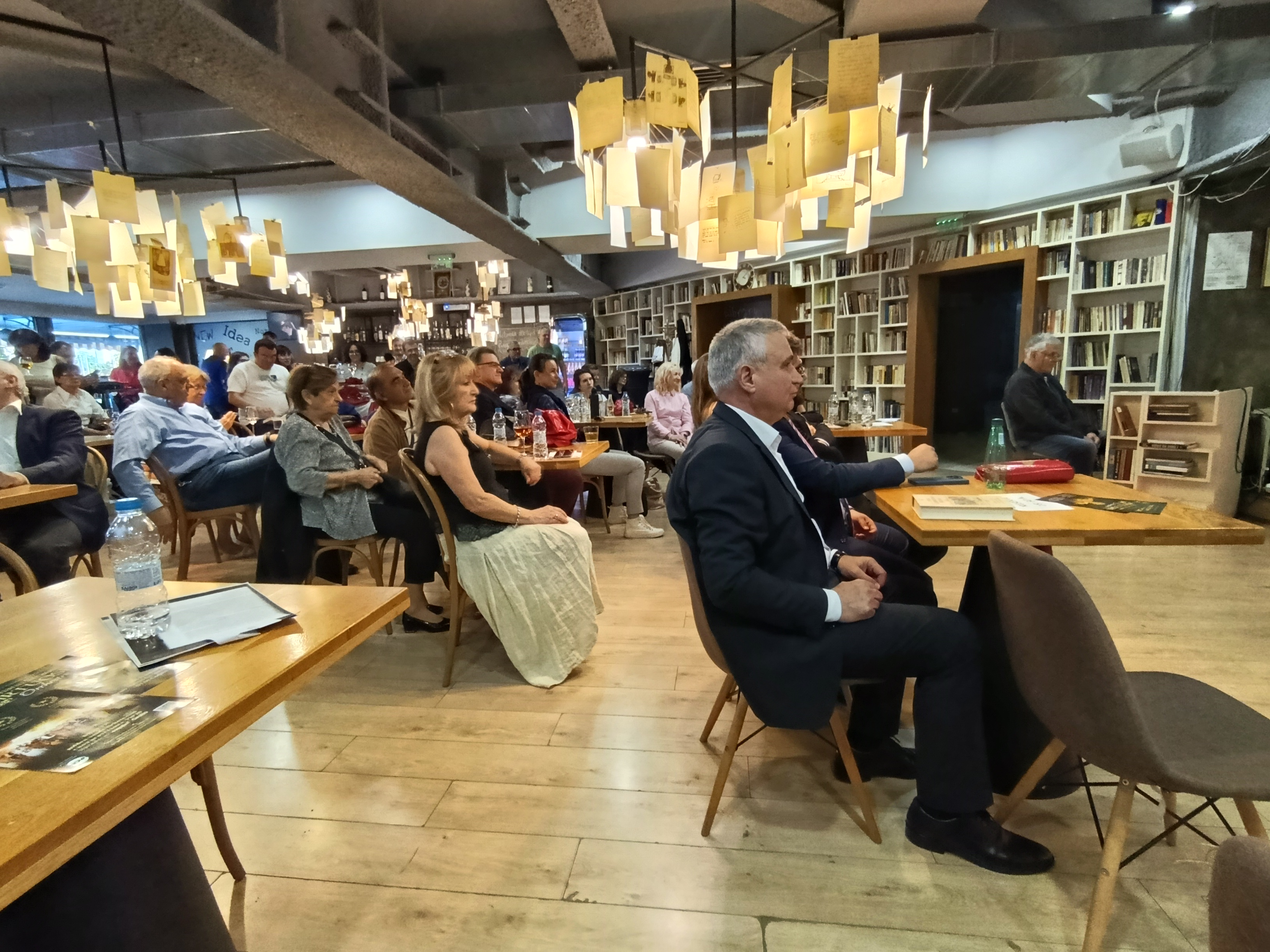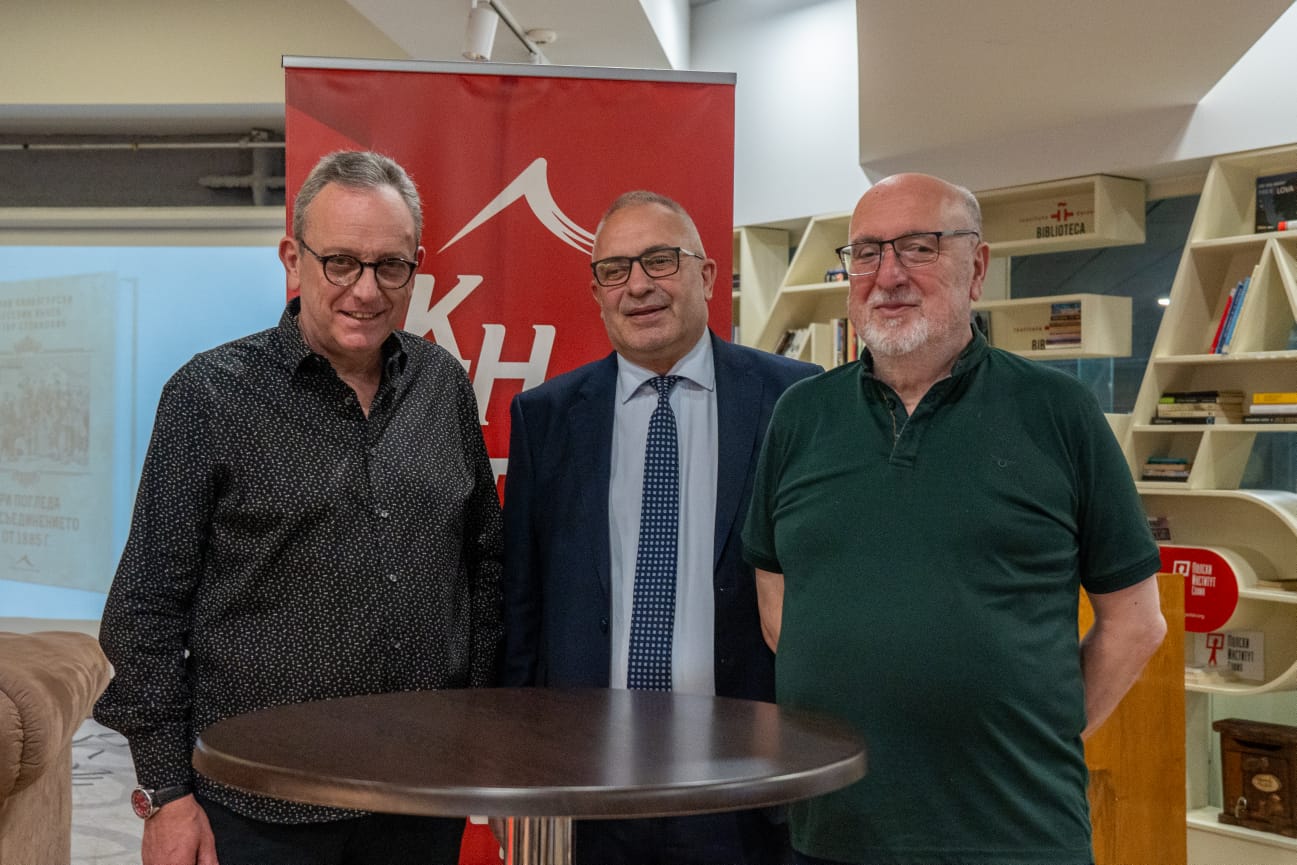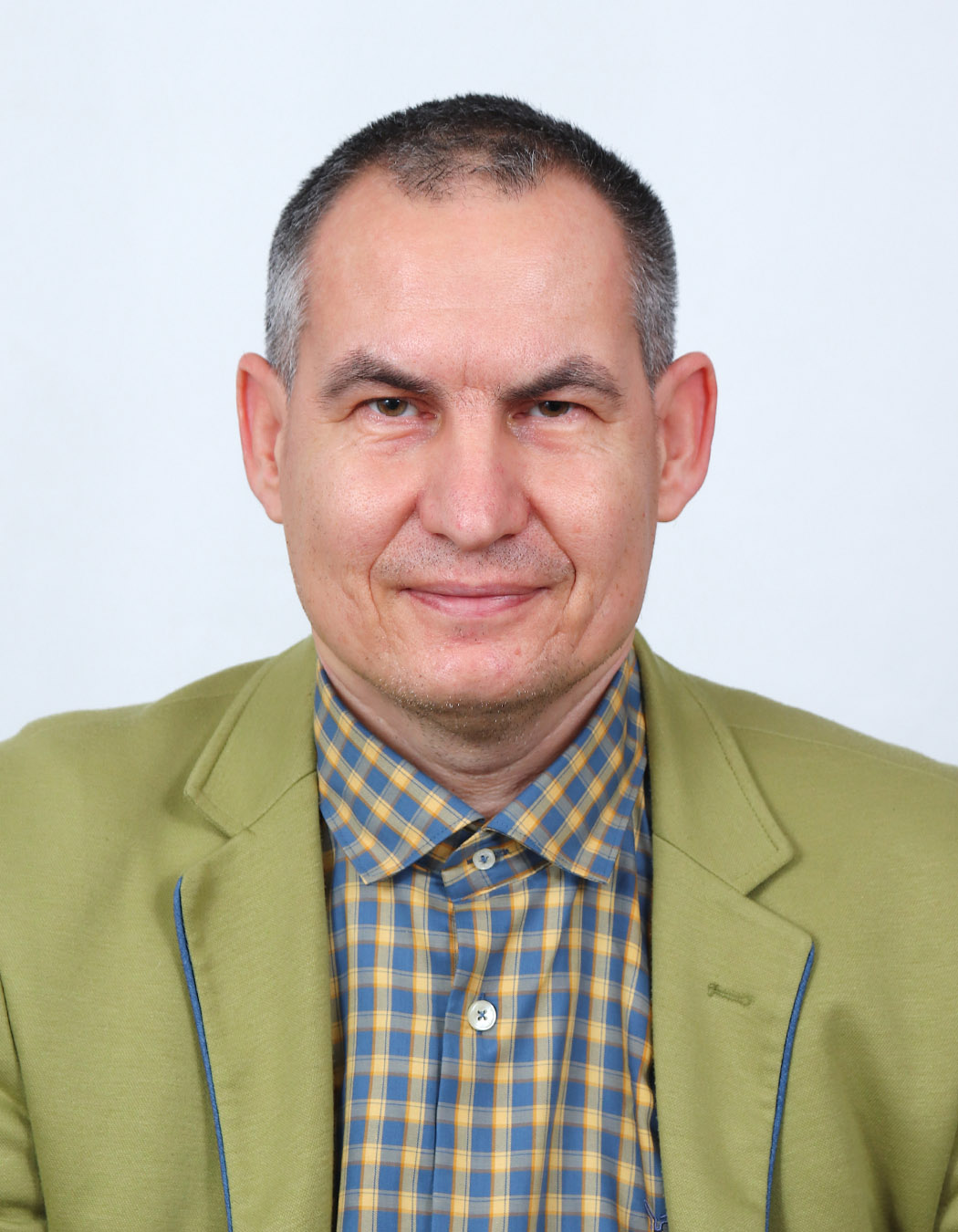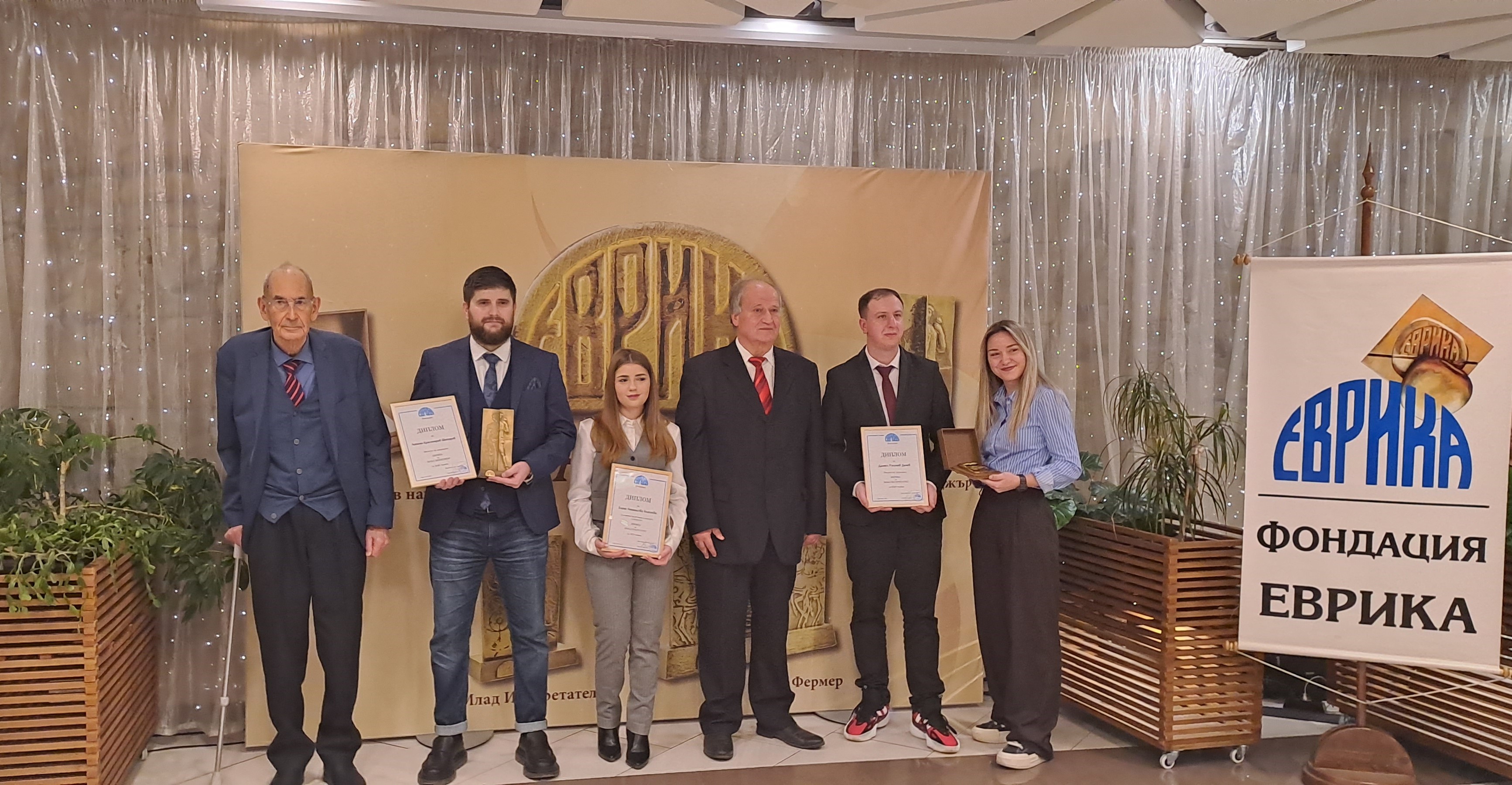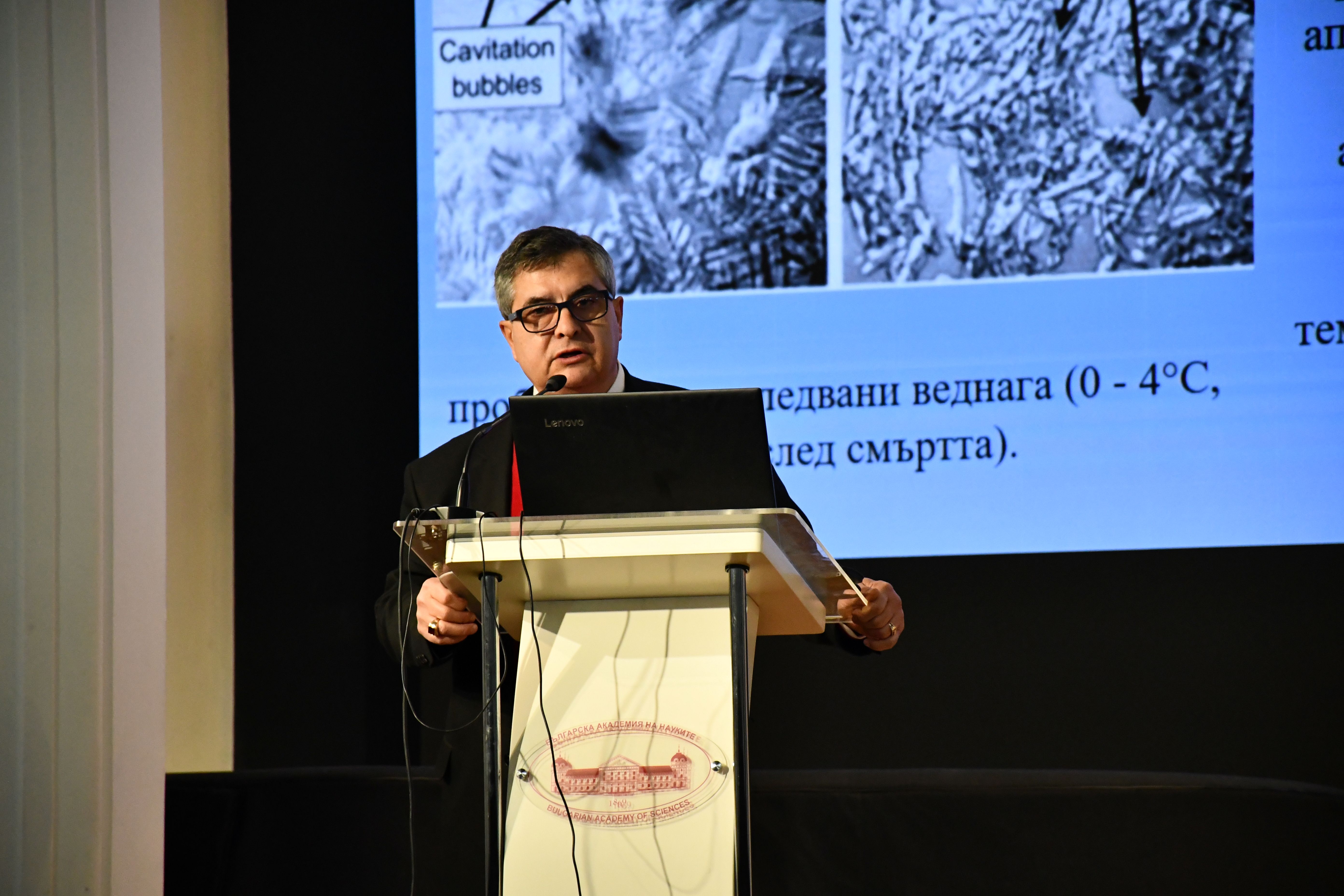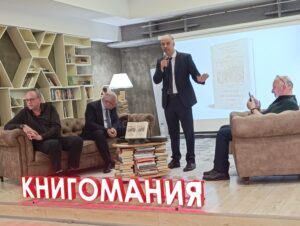 “EVERY HISTORICAL VIEWPOINT IS NOT LAST, BUT NEXT” – Three historians organized an exciting celebration of historical science
“EVERY HISTORICAL VIEWPOINT IS NOT LAST, BUT NEXT” – Three historians organized an exciting celebration of historical science
Far before the announced hour the Literary Club “Peroto” of the National Palace of Culture turned out to be narrow to accommodate the audience at yesterday’s premiere of the scientific collection „Три погледа към Съединението от 1885 г.“ (Three Viewpoints on the Unification of 1885) (Knigomania, 2025, 312 pp.). The coquettish volume by the well-established professorial trio Milko Palangurski, Veselin Yanchev and Peter Stoyanovich, in the tradition of European scholarly debate, offered another occasion for reflection in scholarly circles without diminishing the wide readership.
The review of Prof. Milko Palangurski of BAS skillfully outlined the limits of “Sanstephanism”, went through the politics of the Great Powers towards the Straits; outlined the so-called “Nationwide Question” created by the Berlin Treaty. The reunification attempts of the 1880s were touched upon; the transition from an intention to liberate all Bulgarian lands to reunification with Eastern Rumelia was emphasized, and it was made clear why the process could not be repeated in Macedonia. Moving on to the topic of Prince Alexander I as a convinced leader of the peaceful revolution, Palangurski raised the topical question of whether in the case of Eastern Rumelia we were talking about “unification” or “absorption”, with some of the guests actively joining in the debate.
Prof. Veselin Yanchev from Sofia University “St. Kliment Ohridski” examined the strategic role that Petersburg envisaged for the Bulgarian army and for the newly liberated principality in general in the future clash of the Great Powers and the theatre of warfare. A number of arguments and facts were used to defend the thesis that the main reason for the great clash between Sofia and Petersburg which was gaining strength on the eve of the Unification, was Russia’s intention to use Bulgaria as a bridgehead for its policy, its prince as an imperial viceroy, and the Bulgarian army as a Balkan corps attached to the Russian army. The long-time researcher of the army and the security services supported his thesis with influential quotes and facts with references to contemporary times.
An interesting perspective on the peaceful revolution in Plovdiv was offered by Prof. Petеr Stoyanovich according to whom Unification became the only way out for the head of state to save himself from bilateral pressure. Both politically and personally, Alexander was convinced that the only way to cut the Gordian knot was by taking a glamorous, major and historically significant step in front of the Bulgarian nation, but also in front of the Great Powers, as the Unification of 1885 proved to be. For Alexander, however, this revolution proved to be the pledge of his political sunset, and in personal terms it did not bring the satisfaction he sought but in a spectacular way it intertwined his personal destiny with the national one and guaranteed him a place in the national Pantheon.
The audience which included a host of historians, public figures, artists, and admirers of the authors reserved the right for a number of questions, making the premiere a true spiritual encounter. “A worthy echo of today’s June 2,” summed up the guest of honor, Vice-President Prof. Emmanuel Moutafov, “in which BAS has, to my delight, preserved its name as a place for debate and evaluation, defending the symbiosis between tradition and innovation.”


